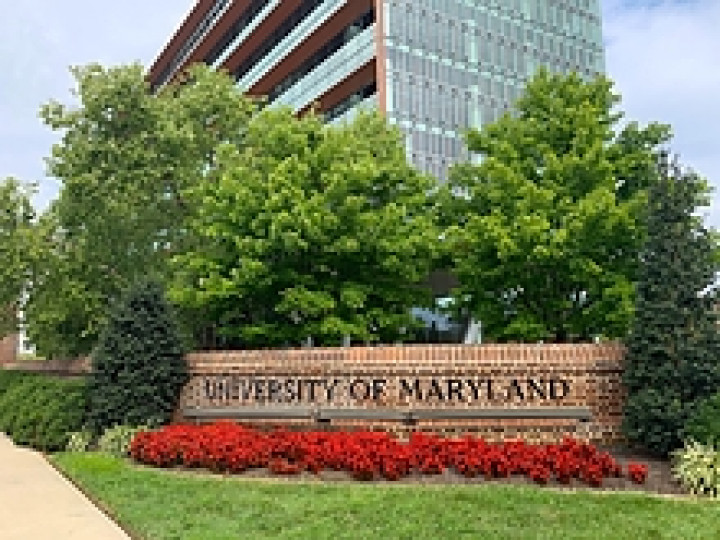CS Faculty Share Expertise and Knowledge at Tech + Research Workshop
From exploring technology used in autonomous vehicles to detecting censorship on the internet, undergraduate women and non-binary individuals who are focused on computer science are collaborating this week with leading experts on these topics—and more—at a three-day workshop hosted by students and faculty at the University of Maryland.
“Tech + Research: Welcoming Women to Computing Research” brings together more than 80 undergraduates from across the country interested in meaningful computing research. The October 23–25 workshop, now in its third year, is being held entirely online due to the ongoing COVID-19 pandemic.
The workshop is managed by the Maryland Center for Women in Computing and the Department of Computer Science, and will run parallel to this weekend’s Technica(link is external) event, the world’s largest all-women and non-binary hackathon.
Five CS faculty members are participating in the workshop, offering their expertise and knowledge in a team-based setting that offers a positive intellectual, social and emotional environment for participants.
Dave Levin, an assistant professor of computer science with an appointment in UMIACS, has been involved with the research workshop since its inception.
As co-chair of his department’s undergraduate honors program, which focuses on trying to engage students in research, Levin says that many undergraduates don’t fully understand the breadth and depth of computer science research.
“What they often don’t realize is that virtually every type of research has a computing angle to it,” he explains. “From protecting free speech, to seeing through walls, to understanding social networks, and even curing cancer—all of these are viable research topics for computer scientists.”
Levin adds that research workshops can also inspire participants to excel in their academic career. “Through meaningful research, if students realize how impactful work in their chosen field can be—how it can be used to work on problems that they are passionate about—it increases the chances they will try further research and not only stay in their major, but thrive in it,” he says.
Levin is hosting two projects at this year’s workshop: “Detecting Internet Censorship” and “Measuring the Evolution of Phishing Webpages.”
Other CS faculty presenting at the research workshop are:
• Ming Lin, a Distinguished University Professor of computer science, is in charge of two projects, “Autonomous Driving via Accident Analytics: Learning How Not to Drive” and “Virtual Try-On Systems.”
• Michelle Mazurek, an associate professor of computer science, is leading a project called “Privacy Concerns Related to COVID Boundary Collapse.”
• Pratap Tokekar, an assistant professor of computer science, will run a project called “Where am I? Localizing Ground-View Images with Matching Aerial-Views.”
• Matthias Zwicker, a professor of computer science and interim chair of the department, will lead a project called “How AI is Making Your Smartphone a Better Camera.”
Gesna Aggarwal, co-executive director of the Technica hackathon and a senior computer science major at Maryland, says she is excited about this year’s research workshop.
“Research is a field where the gender gap is extremely prominent—it can even be seen in the ratio of male to female professors we have in the computer science department,” she says. “Through workshops like this, we hope that students will be able to see if they’re interested in research—and if they are, we hope they will continue in the field both in and beyond college.”
—Story by Melissa Brachfeld
The Department welcomes comments, suggestions and corrections. Send email to editor@cs.umd.edu.
